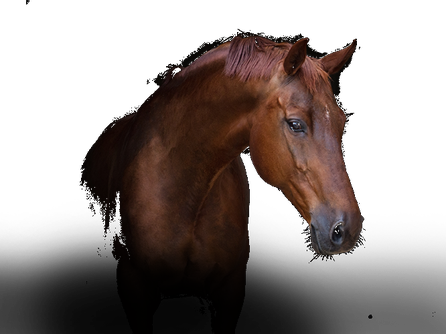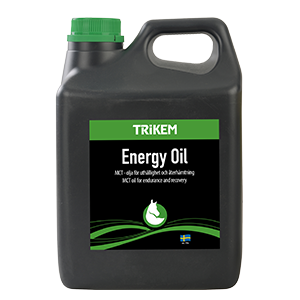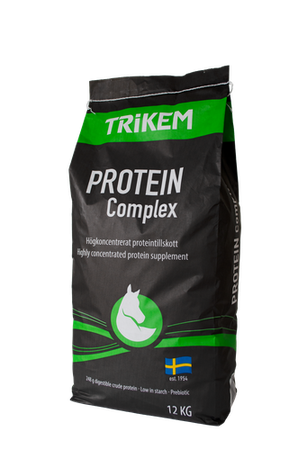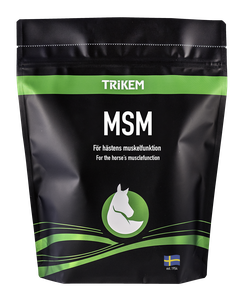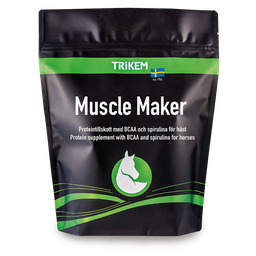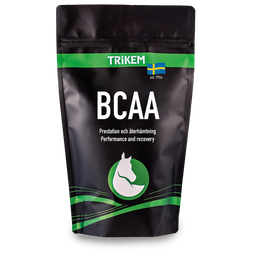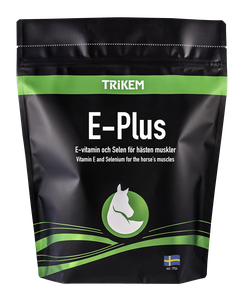Academy / Horse / Joints and Muscles / Protein
The muscles' need for protein
Protein is the building block of muscles, but how does it actually work, and does it matter what type of protein my horse eats?
Amino acids
Protein is made up of long chains of amino acids, which serve as the building blocks of muscles. Amino acids can be essential or non-essential. There are 21 different amino acids, and the horse can convert energy and nitrogen into some of the amino acids it needs. However, there is a group of amino acids that are essential for the horse but cannot be produced by the horse itself. These must be obtained through the diet and are called essential amino acids. In the horse’s body, the protein it consumes through its diet is broken down into amino acids, which are then rebuilt into new protein combinations to meet the horse's needs. If a certain amino acid is missing, not all protein chains can be completed, and the remaining amino acids in the chain cannot be used for other purposes and will become unusable surplus in the horse's body. Therefore, the horse needs not only enough protein but also high-quality protein of the right type.
When we say we want the horse to build muscle, we are actually referring to increasing the synthesis of muscle protein so that the muscles can grow bigger and the horse can become stronger. When a muscle is trained, it signals the body functions responsible for building proteins that muscle protein is needed. Therefore, in connection with training, the horse's protein intake should be optimized to maximize muscle growth.

Where does the horse get its protein from?
The horse's main source of protein is forage. The protein content in different forages can vary greatly, so it is essential to analyze the forage to determine if it provides enough protein to meet the horse’s needs. If the forage has a low protein value and does not contain sufficient protein to meet the horse’s requirements, the diet may need to be supplemented with a protein-rich feed additive.
What happens if the horse doesn't get enough protein?
A protein deficiency can hinder the growth of young horses, cause weight loss, lead to miscarriage in pregnant mares, reduce milk production in lactating mares, or result in the loss of muscle mass. Protein deficiency can also negatively affect the horse’s appetite and result in poor coat and hoof growth.
Energy for muscle building?
The amount of energy (MJ) also plays a crucial role in muscle building. An energy deficit can reduce muscle protein synthesis, i.e., the production of new proteins in the horse’s body, while an excess of energy can increase it. If your horse needs an extra energy supplement, oil is a good and gentle option. There is a significant difference between various oils, and the choice should depend on the purpose and the specific needs of your horse. Flaxseed oil or oil containing MCT oils are two excellent options.
But be careful! It’s important to be honest with yourself. Is the horse training hard enough to require an extra energy supplement, or will it gain fat instead of muscle? Optimizing the diet can be confusing, and sometimes it helps to have an objective person assess the horse and its needs. Don’t hesitate to ask for help—it’s not a defeat but one of the best things you can do for you and your horse. Think of your horse as an elite athlete; they don’t manage their diet themselves but seek the help of nutritionists to give them the best conditions to train, stay healthy, and perform at their best.
More reading on training for muscle development:

To install this Web App in your iPhone/iPad press ![]() and then Add to Home Screen.
and then Add to Home Screen.
